A new Annenberg Public Policy Center study of the first 2016 presidential debate finds that what Hillary Clinton and Donald Trump they say about the issues – and don’t say – affects what viewers learn about their plans.
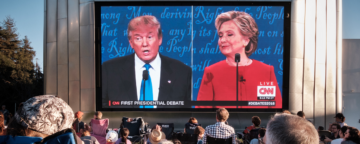

A new Annenberg Public Policy Center study of the first 2016 presidential debate finds that what Hillary Clinton and Donald Trump they say about the issues – and don’t say – affects what viewers learn about their plans.
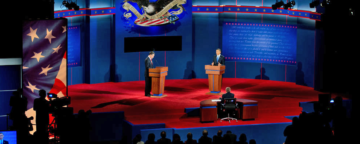
The Internet Archive and APPC announced a collaboration to help journalists and the public better understand how TV news and talk shows present the presidential debates and what the public learns from them.

In an op-ed in the Washington Post, Kathleen Hall Jamieson said debates were an essential way for voters to learn about the presidential candidates, and that Donald Trump should participate in all three debates against Hillary Clinton.
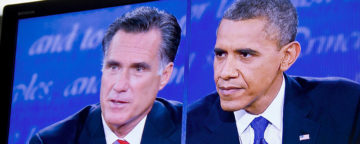
In a new white paper, "Presidential Debates: What's Behind the Numbers?" researchers from the Annenberg Public Policy Center take a close look at the data on the audience, ratings, and motivations of viewers of general-election presidential debates.
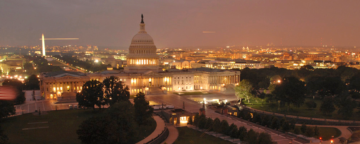
Only a quarter of Americans can name all three branches of government, the poorest showing on that question in a half-dozen years, a new survey on civic knowledge has found. The GOP presidential candidate was known to only 84 percent of the public.

Washington Post Executive Editor Marty Baron will talk about the media and policy change with APPC Director Kathleen Hall Jamieson in an event sponsored by the Fels Institute of Government.
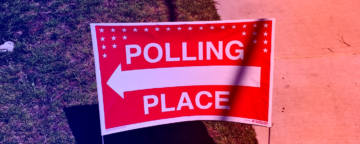
How do swing voters view the presidential candidates and the state of the nation? On August 25, pollster Peter Hart will find out in a focus group with swing voters in Milwaukee, on behalf of APPC.
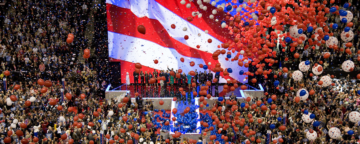
FactCheck.org provided daily coverage of the Democratic and Republican National Conventions, and announced a partnership with NBCUniversal Owned Television Stations to develop fact-checking videos.

APPC director Kathleen Hall Jamieson addressed the annual meeting of the Midwestern Legislative Conference, in Milwaukee, on "Effective Communication in a Polarized Environment."